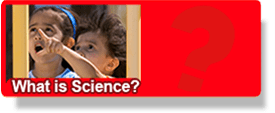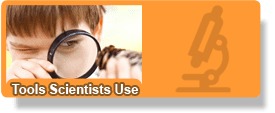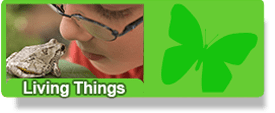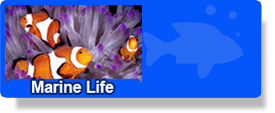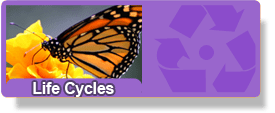Welcome to the Scientific Literacy Project
Young children are curious about the world around them and eager to explore it. This curiosity is reflected in the numerous questions that children pose in everyday conversations at home and in school. However, at the beginning of school, young children are afforded few opportunities to engage systematically and thoughtfully in learning science. On average, less than 10% of instructional time is spent on teaching science in the early grades. Science instruction occurs sporadically and the science activities that are used by teachers in early science instruction tend to be ad hoc and to inhibit inquiry and reflection on the part of young children.
The Scientific Literacy Project (SLP) is a federally funded project designed to help kindergarten teachers use inquiry-based science instruction that integrates literacy with science teaching and learning. An important goal of the project is document how and what children learn about science from such instruction.
Developed by a team of researchers at Purdue University in collaboration with Indiana classroom teachers, the SLP is grounded in the view that science is a process of inquiry in which we construct, evaluate, and reconstruct models of the natural world. Through a series of science units, children explore key scientific concepts, such as the difference between living and non-living things, tools for scientific investigation and measurement, and how living things are adapted to their habitats.
Each SLP unit combines a group of topical books with classroom activities (nature walks, maintaining a saltwater aquarium, watching eggs hatch in an incubator) that engage children in actively learning about science. During teacher-guided activities, children make predictions, record observations in their science notebooks, and discuss their findings. Inquiry and literacy activities are linked to state academic standards for kindergarten and are mapped to Science, English/Language Arts, and Mathematics standards.
Parents can also play a key role in the Scientific Literacy Project. The researchers have prepared a parent guide for each book to help parents read the science books with their child. The guides contain questions that link the book to the classroom activities, the science topic in general, and to other school subjects such as mathematics. After the books are read in class, they can be sent home each week with the reading guides to aid parents in further exploring the science topics with their children and to help extend their children’s vocabulary and reading.

